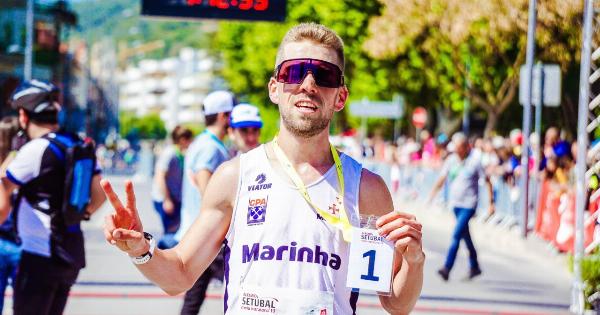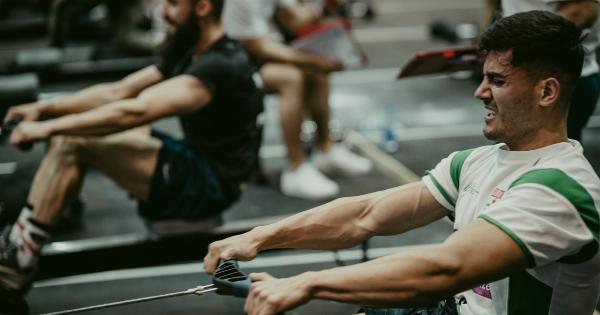When it comes to exercise and staying active, hydration is of utmost importance. As the body loses water through sweat, it is crucial to replenish these fluids to maintain optimal performance and avoid dehydration.
While water is the most common choice for rehydration, many athletes and fitness enthusiasts turn to sports drinks to restore electrolyte balance and refuel energy levels. In this article, we will delve into the benefits of consuming sports drinks after exercising and examine whether they are truly advantageous.
Understanding Sports Drinks
Sports drinks are beverages specifically formulated to aid in hydration and replete minerals and electrolytes lost during physical activity.
These drinks generally contain a combination of water, carbohydrates, electrolytes (such as sodium and potassium), and sometimes vitamins or other additives. The carbohydrate content in sports drinks provides a source of easily digestible energy, which can be beneficial for athletes engaging in high-intensity or prolonged exercise.
Rehydration and Electrolyte Balance
One of the primary advantages of consuming sports drinks after exercising is their ability to facilitate rehydration and restore electrolyte balance.
During intense physical activity, the body not only loses water through sweat but also essential electrolytes that are crucial for proper muscle function. Sports drinks, with their optimal composition of electrolytes, can help replace these lost minerals and aid in fluid retention, thereby improving hydration levels.
Energy Replenishment
Alongside hydration, replenishing energy stores is vital after a strenuous workout. Many sports drinks contain carbohydrates in the form of sugars, which can provide a quick source of fuel for tired muscles.
Carbohydrates are easily absorbed and converted into energy, making them an accessible and efficient option for athletes looking to restore their glycogen levels post-exercise.
Improved Performance and Endurance
Consuming sports drinks after exercising may also contribute to improved performance and endurance.
The combination of hydration, electrolyte replenishment, and energy refueling can potentially enhance an athlete’s ability to perform at their best for extended periods. Studies have shown that athletes who consume sports drinks during prolonged activities experience decreased fatigue, enhanced endurance, and improved overall performance compared to those only consuming water.
Rapid Recovery
Post-workout recovery is a crucial aspect of any exercise routine. Sports drinks can aid in this recovery process by providing essential nutrients that promote muscle repair and growth.
The carbohydrates in these drinks help replenish glycogen stores, while the protein content provides the building blocks necessary for muscle tissue repair. Additionally, certain sports drinks may contain antioxidants and other beneficial substances that can help reduce inflammation and oxidative stress, further aiding in post-exercise recovery.
Electrolyte Imbalance and Hyponatremia
While sports drinks can be advantageous for rehydration and electrolyte replenishment, it is essential to consume them in moderation and consider individual needs carefully.
Overconsumption of sports drinks can lead to an electrolyte imbalance, particularly an excessive intake of sodium. This can result in a condition called hyponatremia, characterized by abnormally low levels of sodium in the blood.
Hyponatremia can have severe consequences on the body and may even be life-threatening, so it is crucial to be mindful of the electrolyte content in sports drinks and avoid excessive consumption.
Individual Considerations
It is worth noting that the benefits of consuming sports drinks after exercising can vary depending on the individual’s exercise intensity, duration, and overall fitness goals.
Sports drinks are generally more beneficial for athletes engaging in moderate to high-intensity activities lasting longer than an hour. For shorter or less intense workouts, water may be sufficient to restore hydration levels adequately.
Additionally, individuals with specific dietary restrictions, such as those on low-carbohydrate or ketogenic diets, may need to consider the carbohydrate content of sports drinks carefully.
Alternative Hydration Options
While sports drinks offer various benefits, they are not the only option for rehydration after physical activity.
Many natural and homemade alternatives can provide similar benefits without the additives and sugars often found in commercial sports drinks. Coconut water, for example, contains electrolytes and hydrating properties, while also being low in calories and naturally rich in potassium.
Fruit-infused water or diluted fruit juices can also be a refreshing and nutritious choice for post-workout hydration.
Conclusion
In conclusion, sports drinks can offer several benefits when consumed after exercising. They aid in rehydration, electrolyte replenishment, and energy refueling, potentially leading to improved performance, endurance, and rapid recovery.
However, moderation is key, as excessive consumption may lead to electrolyte imbalances and potential health risks. It is essential to consider individual exercise intensity, duration, and dietary needs when deciding whether sports drinks are the most suitable choice for post-workout hydration.
Exploring natural hydration alternatives can also be a valuable option for those seeking a healthier and more wholesome way to replenish fluids and nutrients after exercise.





























